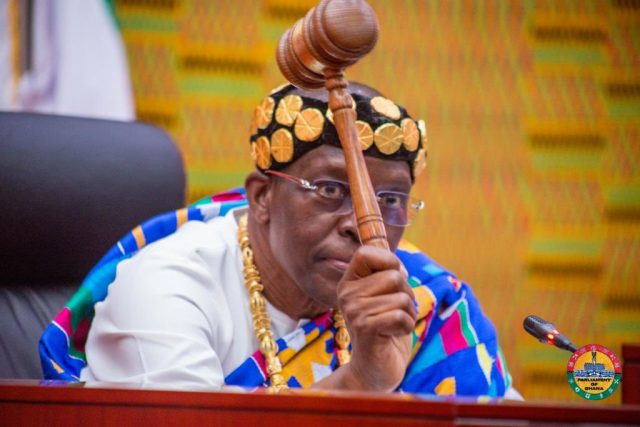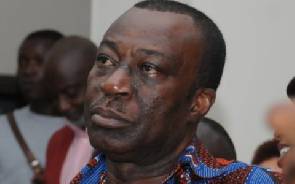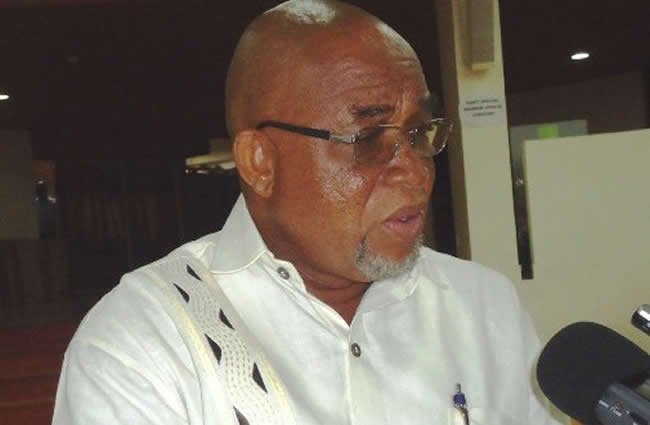
In a dramatic development on Tuesday, October 22, Speaker of Parliament Alban Bagbin indefinitely adjourned proceedings, citing unresolved issues regarding the composition of Parliament.
This decision marks a significant escalation in the ongoing tensions between the National Democratic Congress (NDC) and the New Patriotic Party (NPP), both of whom are locked in a heated dispute over which party controls the Majority in the House.
The controversy traces back to Speaker Bagbin’s decision on October 17 to declare four parliamentary seats vacant, a ruling that has intensified the rivalry between the two major parties.
The affected seats, which include constituencies from both the NPP and NDC, have become the focal point of a legal and political battle. Following the Speaker’s ruling, the NPP filed a case with the Supreme Court, resulting in a stay of execution on Bagbin’s declaration.
Earlier in the day, tensions reached a boiling point when the NPP MPs vacated the Chamber in protest, leaving NDC members to occupy both sides of the House. The move was seen as a tactical response by the NPP to avoid confrontation with the opposition party, as the debate over which party constitutes the Majority remains unresolved.
The NPP’s exit from the Chamber, coupled with the absence of key MPs, led to a lack of quorum—a minimum number of members required for parliamentary proceedings to continue. This procedural failure provided Speaker Bagbin with the grounds to adjourn the session indefinitely.
In his announcement, Bagbin acknowledged receiving a communication from the Supreme Court, which has stayed his earlier ruling declaring the four seats vacant. Although he mentioned the communication, the Speaker refrained from elaborating on its contents.
“In view of the current circumstance, the fact that there is a question on the composition and composition of parliament and having regards to the public interest and the exigency of the state of affairs in parliament, I will proceed to, in accordance with Standing Orders 59, adjourned the house indefinitely; that is sine die,” he stated.
END





